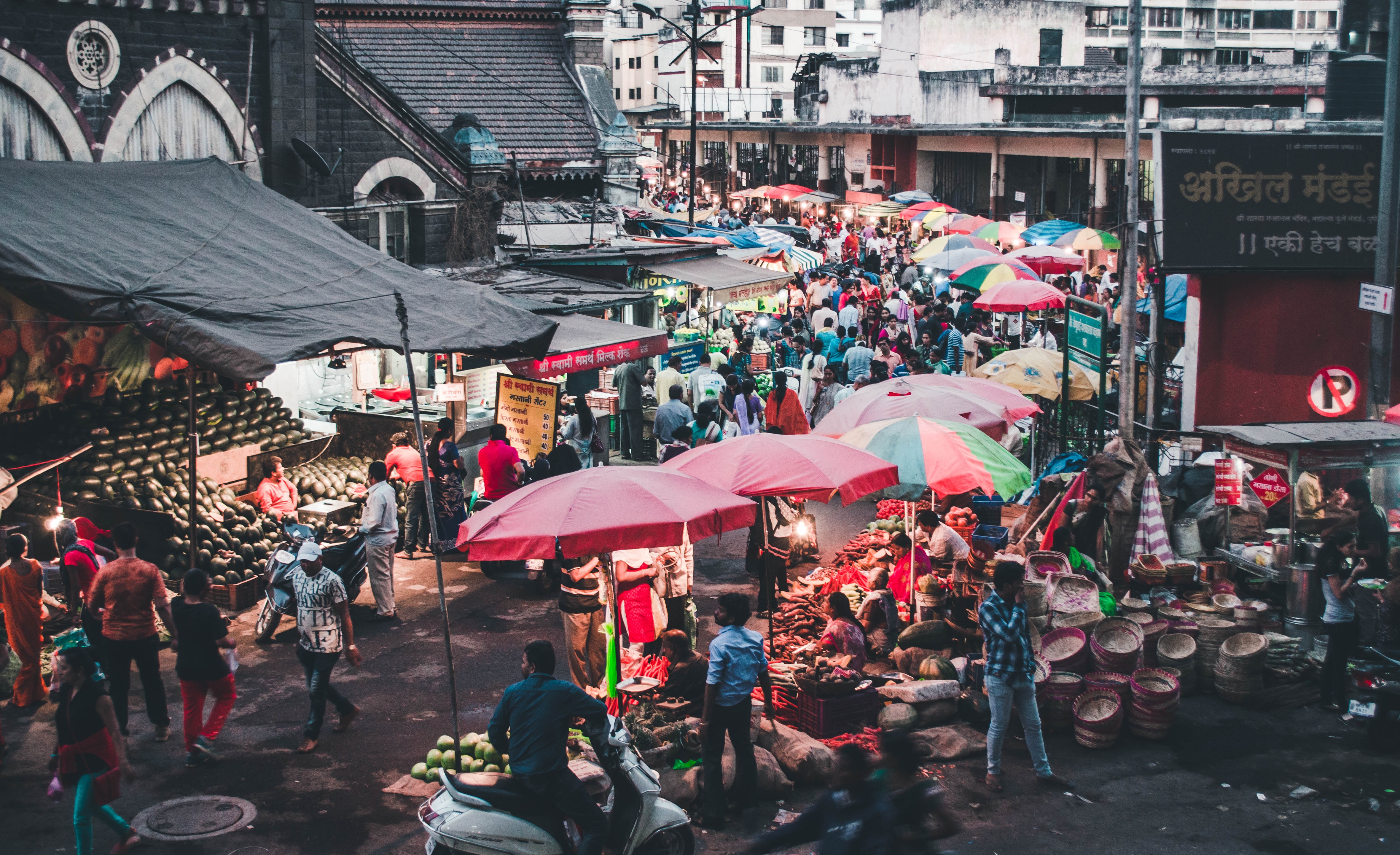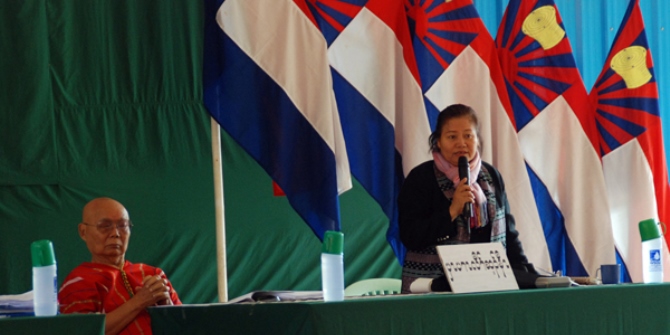On Friday 16 May 2014, Pranab Bardhan, James Astill, Mukul Devichand, and Charu Shahane will discuss the outcome of India’s Lok Sabha elections. The event will be chaired by LSE’s Dr Mukulika Banerjee.
India’s Lok Sabha election is the biggest voting event in the world, with more than 800 million registered voters going to the polls in nine phases over six weeks. This election has been exceptional not only because of the participation of a large number of first-time voters, unprecedented media coverage of party campaigns, and the growing clout of regional parties, but also because of the controversies surrounding BJP’s prime ministerial candidate Narendra Modi, who many believe will be India’s next leader.
Join Professor Pranab Bardhan, James Astill, Mukul Devichand, and Charu Shahane at LSE to discuss the outcome of India’s Lok Sabha elections. The panel has been organised by LSE’s South Asia Initiative and will be chaired by Dr Mukulika Banerjee.
When: Friday 16 May 2014, 6.30-8.30 pm.
Where: Thai Theatre, New Academic Building, LSE.
Mukulika Banerjee (Chair) is Associate Professor, Department of Anthropology, LSE. Her research for the past decade has been on perceptions of democracy among India’s poor and illiterate but enthusiastic voters, based on long term qualitative research in rural India. Her book Why India Votes? (2014) is a comparative ethnographic study of the 2009 Indian elections designed by her and conducted by a team of 12 researchers. In 2009 she presented a 40 min. Radio 4 documentary entitled ‘Sacred Election’ produced by Culture Wise. Her previous works include The Pathan Unarmed (2001) on the Khudai khidmatgar movement in NWFP 1930-47 and The Sari (2003) co-authored with Daniel Miller. She was educated at the Universities of Delhi and Oxford and taught at University College London from 1996-2009 before her move to LSE.
Prof. Pranab Bardhan is Emertitus professor of Economics at University of California, Berkeley. He is a Cambridge University PhD, and has been at Berkeley since 1977, following teaching appointments at MIT and the Delhi School of Economics. He was the chief editor of the Journal of Development Economics for 1985-2003. He was the co-chair of the MacArthur Foundation-funded Network on the Effects of Inequality on Economic Performance for 1996-2007. He held the Distinguished Fulbright Siena Chair at the University of Siena, Italy in 2008-9. He was the BP Centennial Professor at London School of Economics for 2010 and 2011. He is the author of 12 books and more than 150 journal articles, and the editor of 12 other books. He has done theoretical and field studies research on rural institutions in poor countries, on political economy of development policies, and on international trade. A part of his work is in the interdisciplinary area of economics, political science, and social anthropology. His current research involves theoretical and empirical work on decentralised governance, and the political economy of development in China and India.
James Astill is the Political Editor and Bagehot columnist at The Economist. He joined the publication as International Security Editor in 2004, having previously worked as a foreign correspondent in Japan, Indonesia, East, West and Central Africa, Iran and Pakistan. Between 2007 and 2011 he lived in Delhi, covering all the countries of the Indian sub-continent for the Economist. Since returning to London he has remained closely in touch with South Asia. He has published a prize-winning book on India and cricket, ‘The Great Tamasha: Cricket, Corruption and the Turbulent Rise of Modern India’, and contributes to Indian and British publications on South Asia affairs. He has won several prestigious awards in journalism, including the Gerald Ford prize for his coverage of US security and the Grantham Prize for writing on the environment.
Mukul Devichand is a journalist at the BBC who has been tracking the social media content of this year’s Indian General Election. He began his career at Panorama before going on to become one of the youngest presenters on flagship radio series such as Analysis and Crossing Continents, and series producer of Law In Action. He’s been based in India and the Middle East and his international work includes prize-winning reporting on Mumbai slum demolitions and in-depth reports for Radio 4 and Newsnight from China.
Charu Shahane is a member of the Indian Journalists’ Association and a Senior Broadcast Journalist at BBC World Service. She has been on the ground in India covering this year’s elections. Charu’s work on hard-hitting documentaries and news stories has taken her around the world, including a number of war zones. She is also Trustee of Darbar Arts Culture and Heritage Trust.








